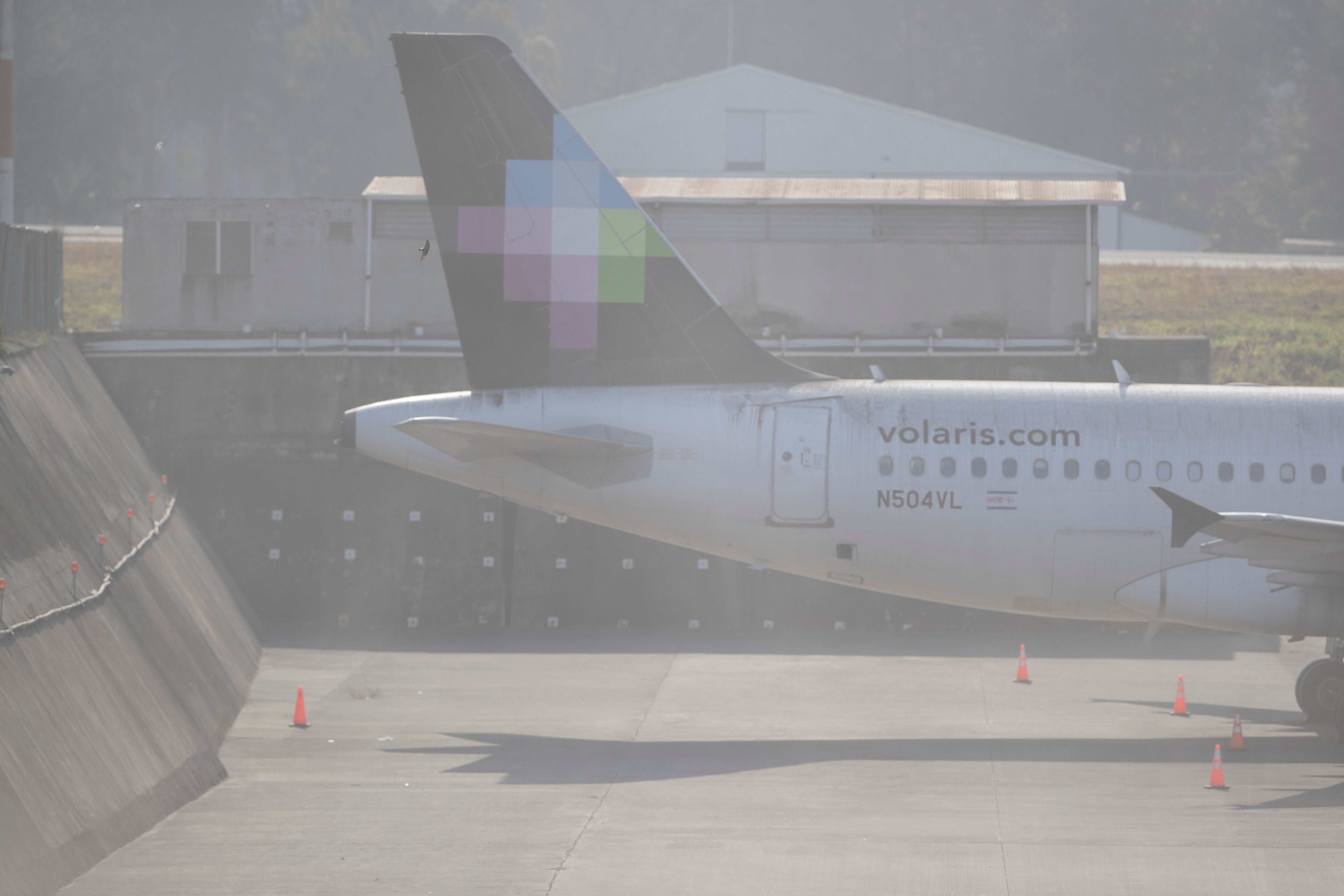US officials postpone visit to Guatemala because of volcano
A meeting planned for Wednesday between U.S. and Guatemalan officials has been postponed because a volcano's eruption prevented the American delegation from flying in

Your support helps us to tell the story
From reproductive rights to climate change to Big Tech, The Independent is on the ground when the story is developing. Whether it's investigating the financials of Elon Musk's pro-Trump PAC or producing our latest documentary, 'The A Word', which shines a light on the American women fighting for reproductive rights, we know how important it is to parse out the facts from the messaging.
At such a critical moment in US history, we need reporters on the ground. Your donation allows us to keep sending journalists to speak to both sides of the story.
The Independent is trusted by Americans across the entire political spectrum. And unlike many other quality news outlets, we choose not to lock Americans out of our reporting and analysis with paywalls. We believe quality journalism should be available to everyone, paid for by those who can afford it.
Your support makes all the difference.A planned meeting between U.S. and Guatemalan officials Wednesday was postponed because a volcano's eruption prevented the American delegation from flying in.
The talks with Guatemalan officials and civic groups had been expected to focus on the surge of migrants reaching the U.S. border.
Ash falling from the Pacaya volcano near Guatemala City has forced the closure of the international airport, and the U.S. Embassy said the talks had to be postponed because of flight cancellations.
The U.S. delegation had been scheduled to include Juan González, the National Security Council’s senior director for the Western Hemisphere, and Ricardo Zúñiga, the newly named special envoy for the Northern Triangle nations — Guatemala, Honduras and El Salvador
The three countries have been the largest source of migrants arriving at the U.S. southern border in recent years. Migrants continue to stream out of the three, which are plagued by endemic corruption and violence and more recently devastated by two major hurricanes in November and the economic impact of the COVID-19 pandemic.
The 8,373-foot (2,552 meter) Pacaya volcano, just 30 miles (50 kilometers) south of Guatemala’s capital, has been active since early February.
The airport was closed Tuesday, and authorities did not say how long the closure would last. Volcanic ash is highly abrasive and can damage airplane engines and other mechanical devices.
Pacaya had an explosive blast in 2010 that killed a reporter and two local people.